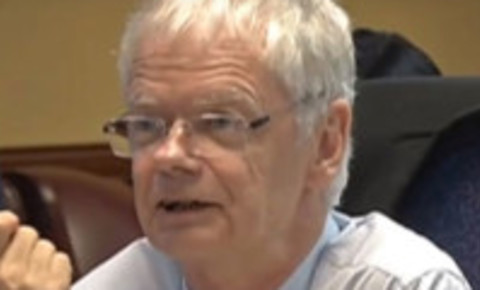What happens to seized assets? And the money?
Former asset striker Willy Hoffmeier says the money could be used to compensate victims of crime or increase law enforcement.
What happens to assets seized from the investigation directorate? What processes are followed to ensure that the money is returned to the state, etc.
Attorney Willie Hoffmeier, a former head of the National Attorney’s Office’s (NPA) asset forfeiture unit, sheds light on this.
There is a seizure of assets, which is related to criminal proceedings. When someone is charged, you can, in principle, freeze all the assets that that person owns, up to the value of the total alleged crime committed in anticipation of the final seizure of the assets.
Willie Hoffmeier, former head of the National Prosecutor’s Office’s asset confiscation unit
This is the second type of confiscation of property, which we use much more often because it does not depend on a criminal conviction. In principle, you need to show that the assets are dirty in the sense that they could be the proceeds of crime or have been used to commit a crime.
Willie Hoffmeier, former head of the National Prosecutor’s Office’s asset confiscation unit
In this case, it is an action against something, not against the person himself. I think what they’ve done here is something like a wide-ranging application to seize assets or freeze assets.
Willie Hoffmeier, former head of the National Prosecutor’s Office’s asset confiscation unit
Where does the money go?
Once the case is closed, when there is a victim of the crime, the asset forfeiture unit will always pay the money to that victim. When there is no victim of the crime, whether it is a drug smuggler, the money goes to a special fund called an account to recover assets from criminal activity.
Willie Hoffmeier, former head of the National Prosecutor’s Office’s asset confiscation unit
The money in this account can be used either to compensate victims of crime or to help law enforcement build capacity. The Directorate of Investigation received part of this money from the criminal assets recovery account to hire, for example, contract people to increase its capacity.
Willie Hoffmeier, former head of the National Prosecutor’s Office’s asset confiscation unit
Hear below for the full interview …


Comments are closed.